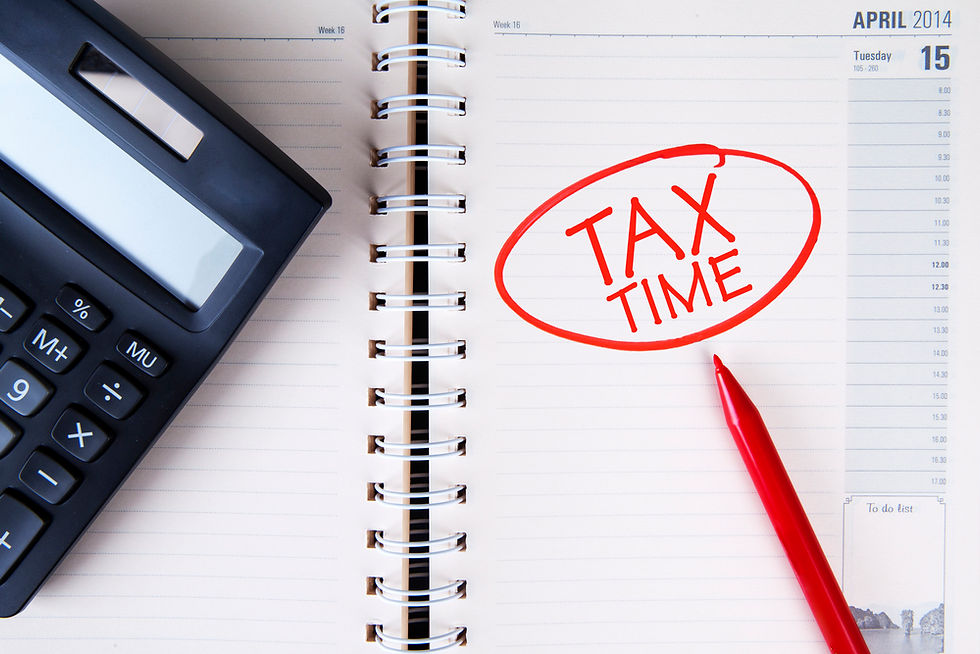6 Tips for Becoming Financially Organized
- Bev

- May 6, 2019
- 3 min read
Updated: Sep 22, 2020

A few months ago I discussed all the areas where organizing can benefit you. One of those areas is “financial organization” which is my area of specialty. Being financially organized means your financial information is readily available and you have a clear picture of your personal finances. It’s often the last on our list of organizing priorities because sorting through financial information requires a lot of time and focus, and it’s hard to know how long to keep financial documents and how to store them.
However, like organizing your home, the benefits far outweigh the costs. It will help reduce financial stress, allow you to feel in control of your finances, and save a lot of time during tax season. Here are 6 tips for becoming financially organized.
1. Set yourself up for success. Find a distraction-free time, turn off your technology, and work in blocks of time (see last month’s blog!). It might help to have someone financially knowledgeable work with you to keep you on track and help you make decisions about document retention. Don’t forget to reward yourself after a successful work session or upon reaching your goal!
2. Streamline financial documents. Gather and sort all. Set up a simple file system by account or subject. Determine if you really need to keep paper or electronic copies. Knowing what information to keep can be as simple as knowing why you need them. Remember that 80% of what we file, we never look at again!
Key Retention Guidelines for Financial Information
Usually it’s not necessary to keep anything you can access online (bills, statements).
Keep receipts and confirmations only until you’ve verified them against your monthly statements unless they’re for major purchases or you need them for tax documentation.
File anything you will need for tax preparation in a current year tax file (charitable receipts, business expenses, etc.).
Retain past tax returns for at least 7 years (consult your tax preparer).
Keep important life documents forever in a secure location (birth certificates, licenses, estate documents).
Toss items past their expiration date (warranties, insurance policies).
Dispose of monthly investment statements after you receive the yearend summary.
3. Close bank and credit card accounts that you don’t need. Fewer accounts means less time spent tracking and monitoring, and may even reduce fees.
4. Put safety measures in place. Invest in a safe deposit box for important documents. Purchase a paper shredder and possibly identity theft protection. Another way to reduce your risk of identity theft is to use password management software such as LastPass.
5. Consider using financial tools. Financial software such as Quicken or even a simple spreadsheet can be very helpful to stay on top of your finances and create a budget going forward.
6. Make it a habit. Once you get your finances in order, it’s important to set up a routine to pay bills, file financial documents, address problems, and update financial summaries. Dedicate some time weekly or at least once a month to stay financially organized. Also, at the beginning of each year, go through all your financial files (paper and electronic) to purge anything no longer needed and update files for the upcoming year. This is a great time to gather documents for tax preparation.
Now is the perfect time of year to tackle financial organizing. By doing so you’ll gain peace of mind from understanding your finances and knowing where to find your financial information when you need it. The added bonus is that you’ll be ahead of the game for tax preparation. As you’ve probably noticed, anything related to finances seems to circle back to taxes!



Comments